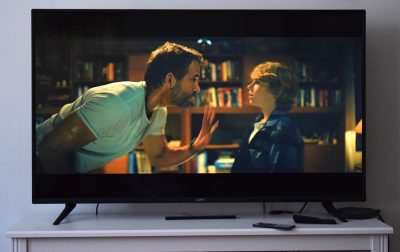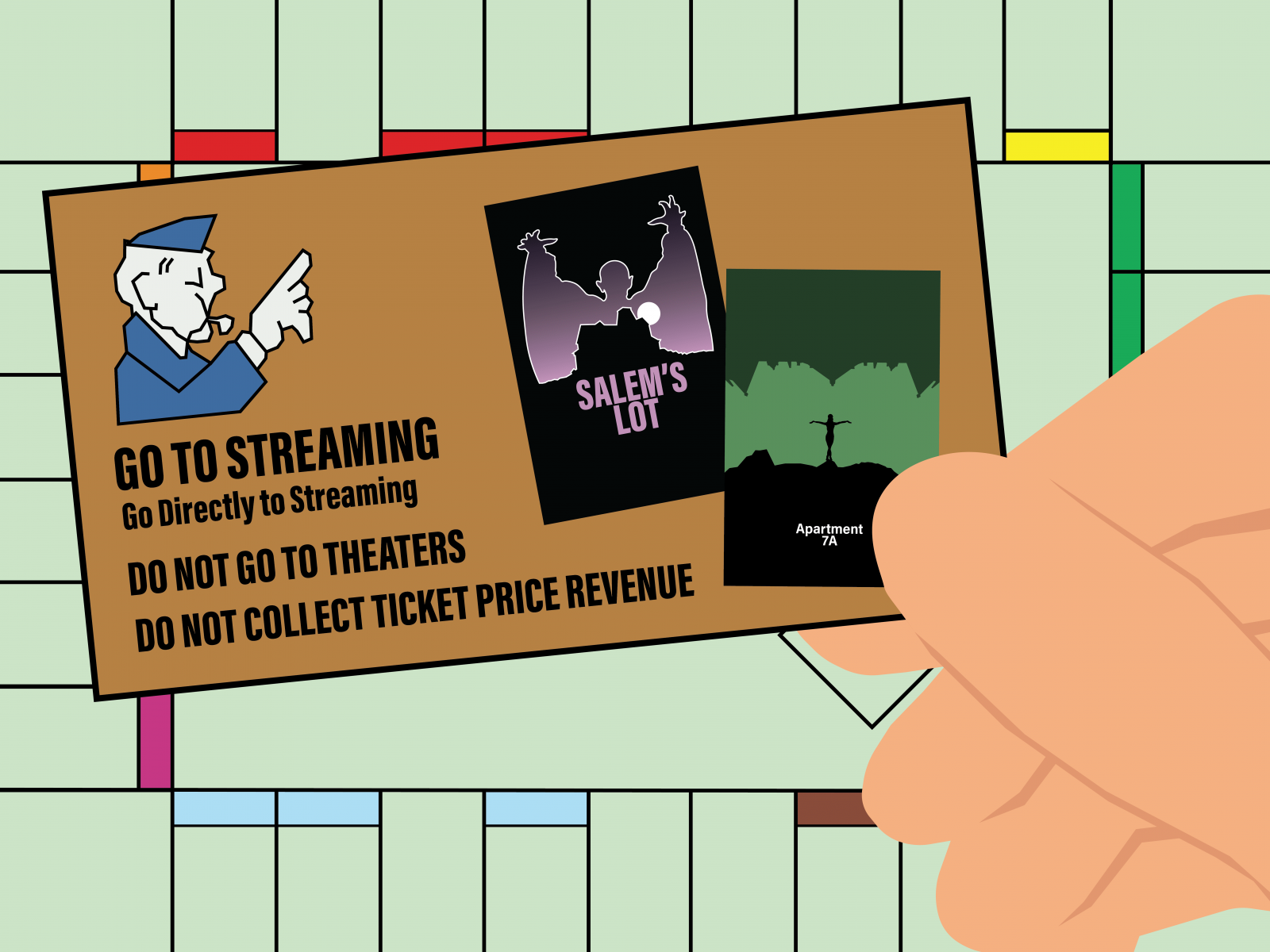The phenomenon of time travel is as alluring as it is problematic — where the ability to disrupt and pass through the continuity of time serves as a greater fantasy than reality. A hot topic when it comes to the film world, time travel has seen many suitors, most recently with Netflix’s newest release “The Adam Project.”
Directed by Shawn Levy and co-written by Jonathan Tropper, Mark Levin, Jennifer Flackett and T.S. Nowlin, “The Adam Project” tells the story of 12-year-old Adam Reed, played by newcomer Walker Scobell, who finds himself visited by his older self, played by Ryan Reynolds. They’re on a mission to find his missing wife, who is portrayed by Zoe Saldaña, back in 2018.

Right away, “The Adam Project” gives plenty of nods to the classic 80s flick “Back to the Future” and not in the greatest of ways. As a whole, the film stands to take the time travel agenda and flip it into something as a greater good that has fallen into bad hands.
Reynolds and Scobell now come into play as the bumbling, sarcastic and bantering partners who must do whatever it takes to see out their mission. Rushed is not the word to describe this film, for the pacing remains relatively plausible throughout its run, but problems arise in the amount of plot itself that is squished in the 106-minute run it flows on. With an absence of proper world-building or explanation behind the time travel, the plot becomes lost in the thrill itself of jumping from one year to another.
Such a feeling is very reminiscent of a kid’s flick, one that places a large emphasis on the “fun aspect” of the film, to enjoy what one is watching on screen. Enjoyment exists, yet also falters from the lack of balance between the present and past dimensions. Better yet, the film itself seems to be a cavalcade of moments from other films that are then warped into a tiresome, if not numbing, experience of a feature.
To its credit, “The Adam Project” finds Reynolds in familiar territory, whose wit and charm play favorably to Scorbell’s youthful aura. To that point, the territory is perhaps too familiar for Reynolds, as the film comes off more “Deadpool”-esque than original science fiction. Jokes and quips are strewn together lazily and rely on Reynold’s statue alone to help drive the film.
The star-power alone helps the film survive on par-level, mainly found in Mark Ruffalo’s appearance as Adam’s father, who just so happened to have invented time travel a few years back. Makes sense, right? For the amount of time Ruffalo is on-screen he gives a truly heartwarming performance, and it’s a pleasant surprise to see him involved in a film like this; yes, the voice he delivers attempts ever so hard to get viewers further involved into the plot. As remarkable as an attempt it is, it never finds the right footing.
Going off that, it seems that the biggest problem of “The Adam Project” is how short it comes up, even given its cast and relatively intriguing premise. Through almost an hour and forty five minutes, the science fiction adventure film fails to truly transport its audience into the adventure or thrill that comes with the alluring time travel element. Instead, viewers sit purposely in their seats, reminded that they are the sole witness to something that is artificial. The lack of reality, or better yet truth, to the film builds upon its failure to capitalize on any sort of benefit.
At the end of it all, “The Adam Project” is too caught up in the past, specifically its predecessors, in an engorged attempt to try and create anything equivalent to “Back to the Future” or “Star Wars” for that matter. Interesting characters, proper world building, as well as an understandable and intrinsic plot, make a good science fiction film that does not rely on comedic relief or sole star power alone.
Overall, a film that remains nostalgic for all of the bad reasons, “The Adam Project” finds little hope in inciting any sort of adventure.




















































































































